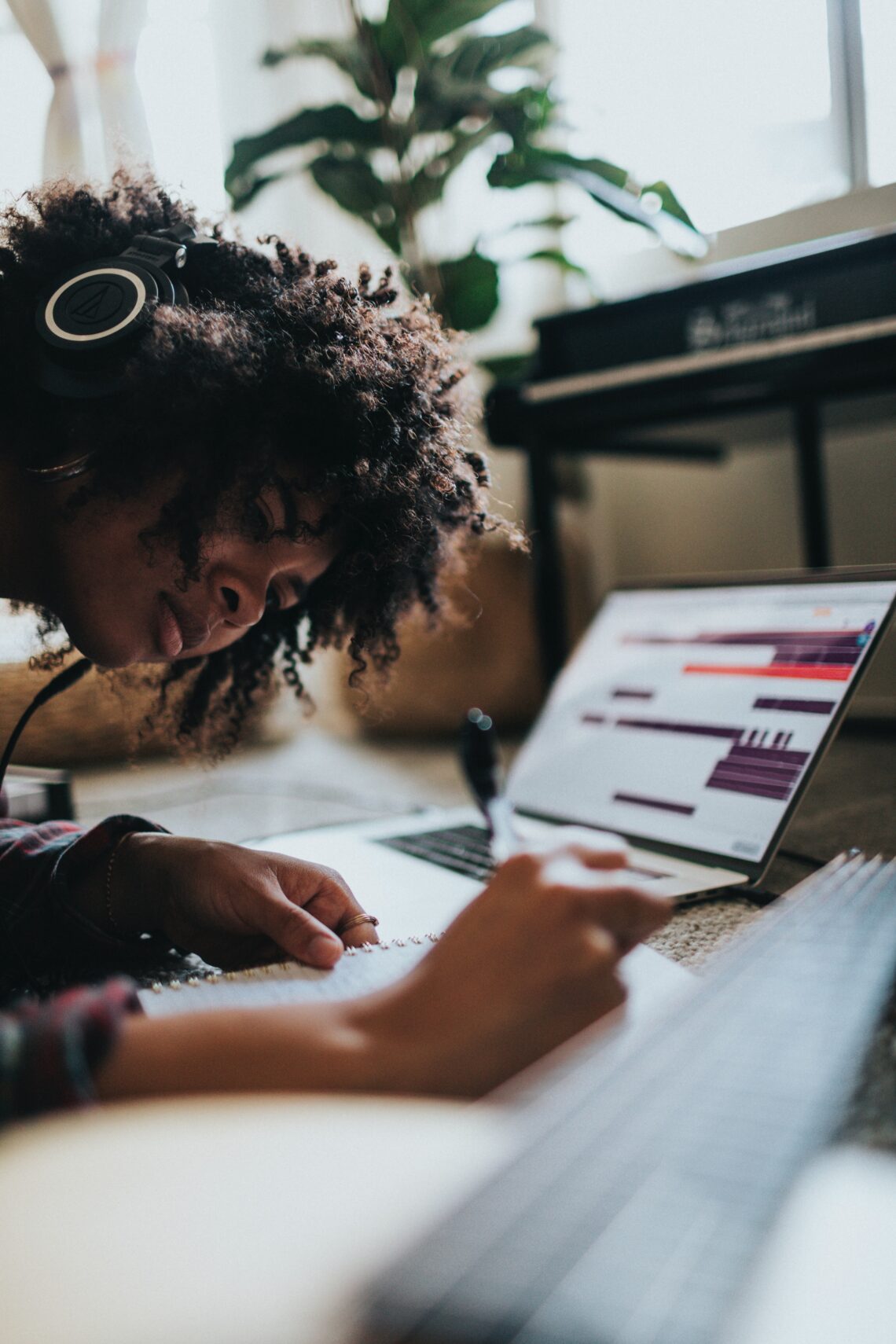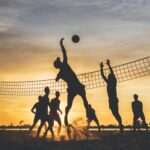
Studying to succeed
School has been difficult for students the past few years. Continuously switching between online and in-person classes and a lack of social interactions have impacted students’ focus on their studies.
All these changes may have also affected the way students study or prepare for school-related assignments. This article provides a variety of tips to get back on track and advice from students and principals regarding the following strategies.
Notes
They might not be everyone’s favourite, but notes will always play a part in success.
Colin Halsal, the vice-principal at Vimy Ridge Public School in Ottawa, said he believes notes are a must. “I need to be writing while I listen,” he says.
Notes give students as many chances as they need to review information. They also give them a chance to word things in a way that betters their understanding of the subject.
In addition, Halsall said knowing one’s preferences is key when writing notes. If students can find out what style of note-taking works best for them, then it will become an even more valuable tool to aid them in their studies.
Phones
Know where to draw the line. Phones are a double-edged sword when it comes to how they affect one’s ability to study. They provide access to a variety of great things when studying, such as the ability to search up information or listen to music. However, they can often become a distraction.
Abbas Mohamed, a third-year student at Carleton University says phones shouldn’t be the go-to device when studying. “When you get a notification, one thing leads to another and suddenly you’ve wasted an hour,” he says.
There are benefits to keeping one’s phone around, but generally they cause more interruptions than they’re worth.
People
Learning a new topic doesn’t need to be done alone. Make use of access to teachers, professors or students in class and consider asking them a question when unsure.
Having someone to discuss what is being taught is one of the best ways to study. Students can present a topic to see how well they understand the material, or take a minute to learn something new.
Some students with learning disabilities, such as Attention Deficit Hyperactivity Disorder or dyslexia, need more support than most of their peers. Therefore, having people around who can provide that support when studying for tests or exams is something they should consider vocalising.
Time management and breaks
One of the biggest mistakes students make while studying is how long they spend studying at once. Students often study for hours to make up for time they previously wasted. Doing this will not only stress one out, but is also ineffective. Taking breaks helps process information and gives one’s brain a rest so they can give it their best when they start studying again.
Katia Sioufi, a retired principal who worked for the Ottawa Carleton District School Board, said she believes time management is the key to getting the most out of one’s studies.
“Plans are a must,” she says. “Learn how to manage your time early on so that you can carry it on.”
Although Sioufi thinks students should learn this habit at a young age, she says, “It’s never too late to learn a new skill.”
Find a proper study space
The importance of a proper workspace is often overlooked. Regardless of one’s field of study, being in an environment that allows one to focus helps students to better understand the material.
Most of the time, this means a quiet room, but quiet areas are not the only places to study. Comfort should also be taken into account.
So whether it’s putting down the phone or scheduling time to study, there are many ways students can help themselves to better learn the material. Rather than cramming the night before an exam, take time to properly digest the content and hopefully these tips will assist in earning an A+.
About the author
Jordan is a Reporter for Youth Mind. In his free time he can be found playing basketball, hanging out with friends or working hard to become a full-time writer.







